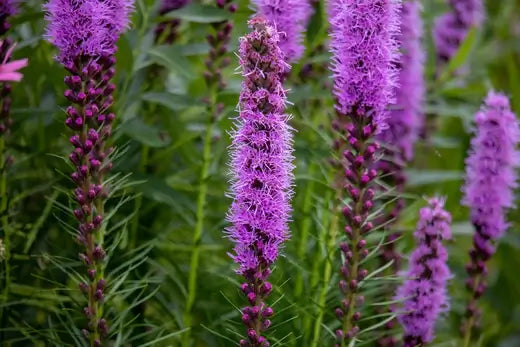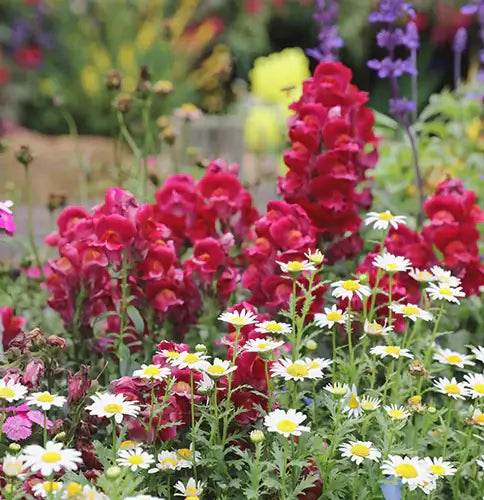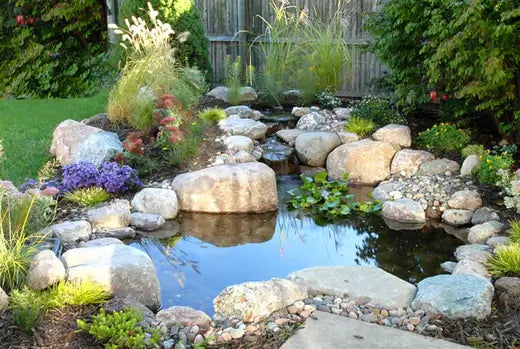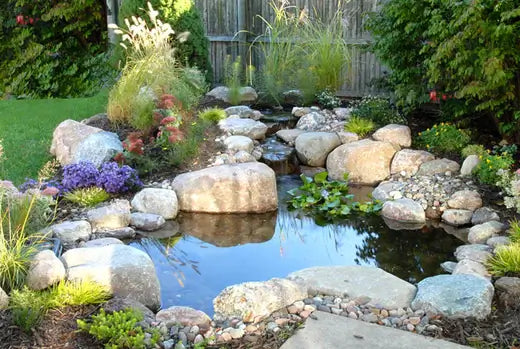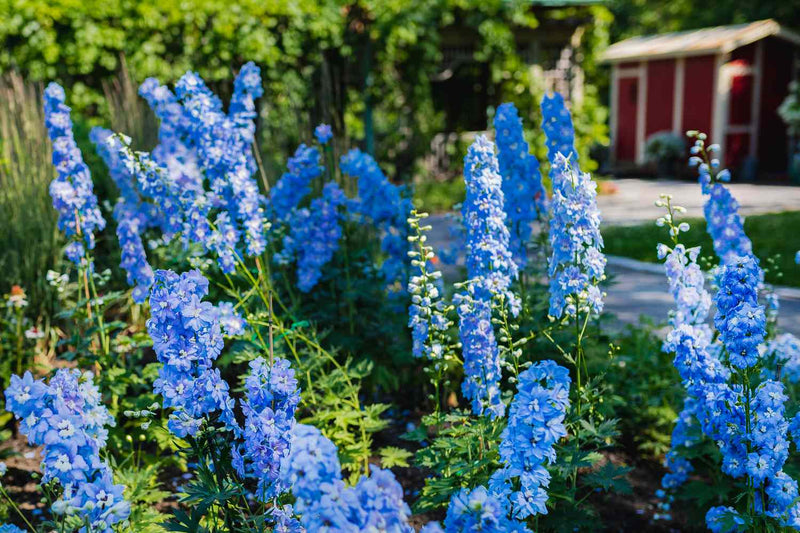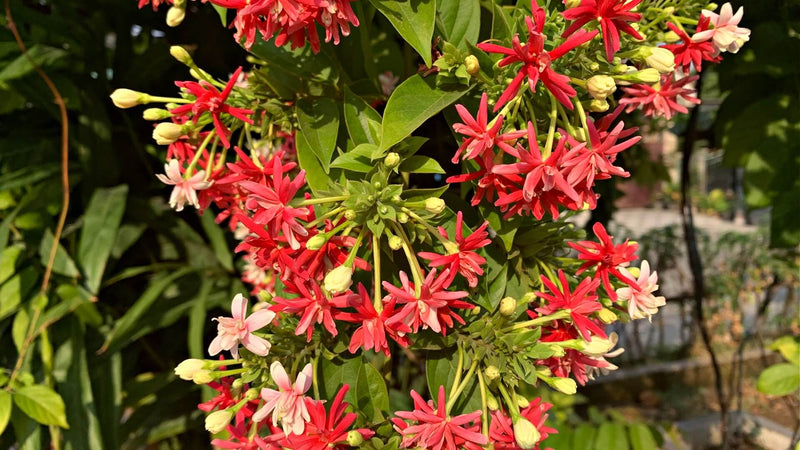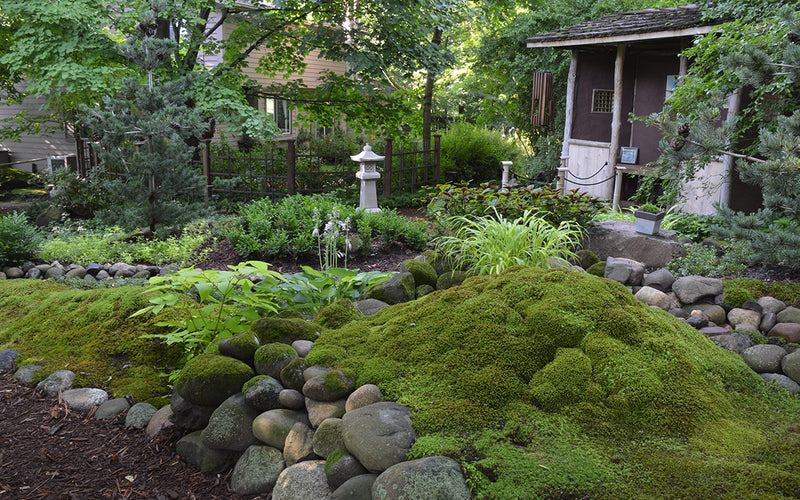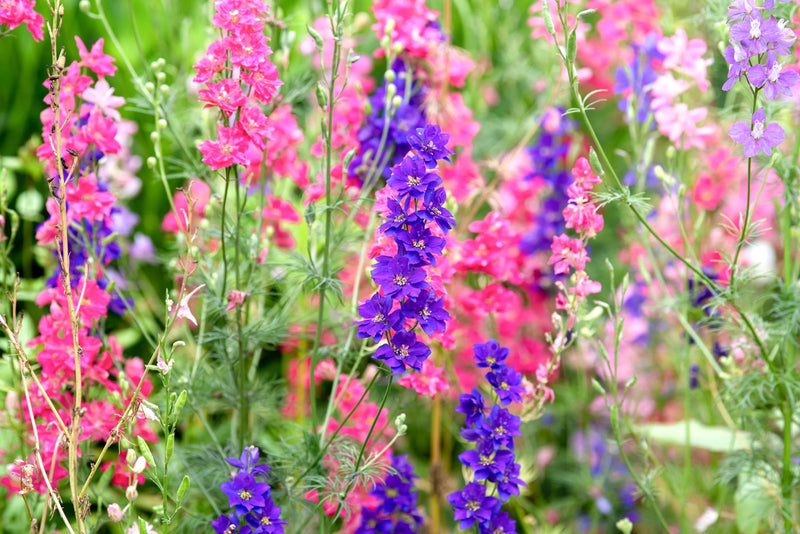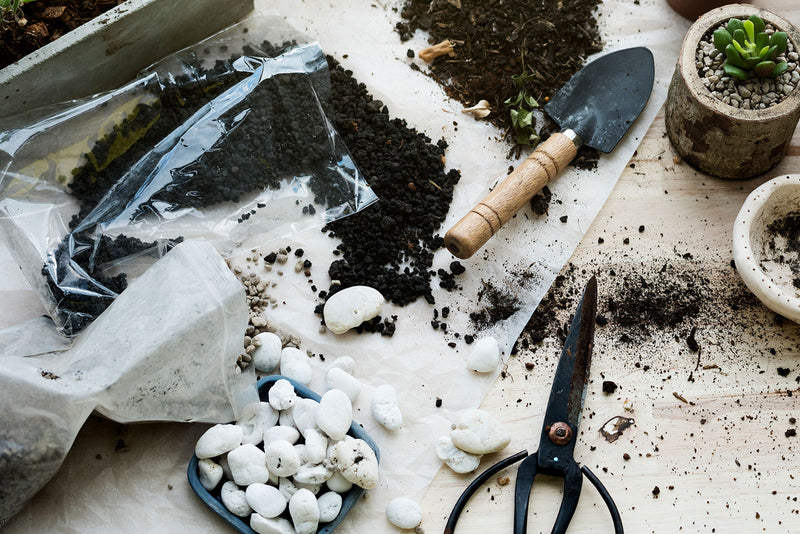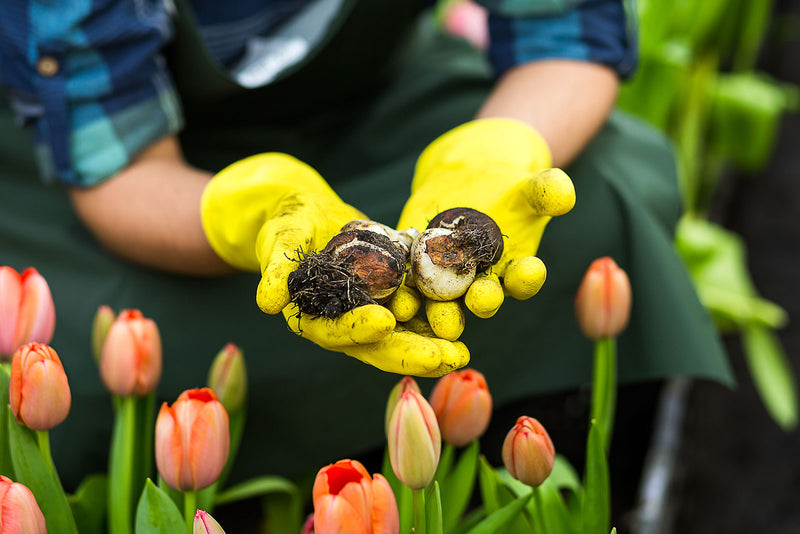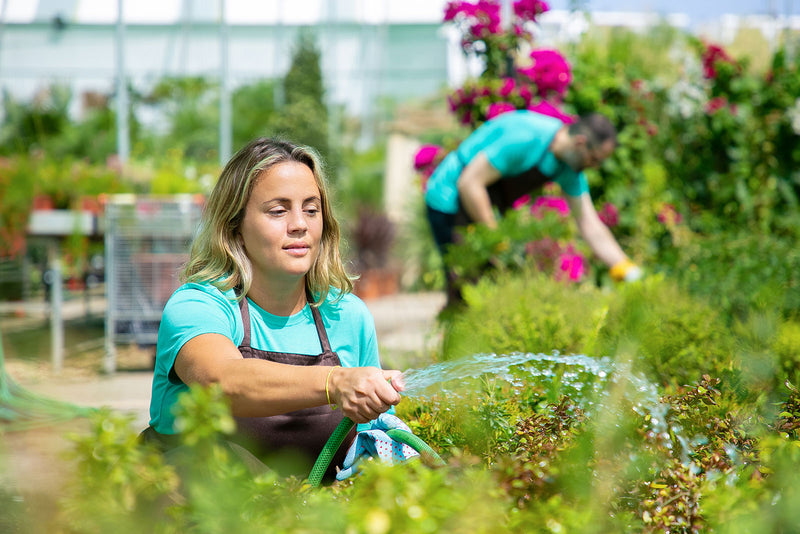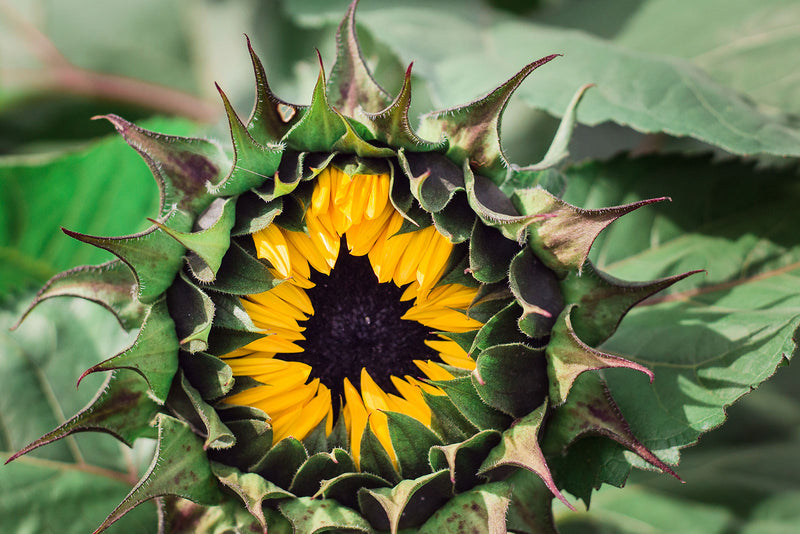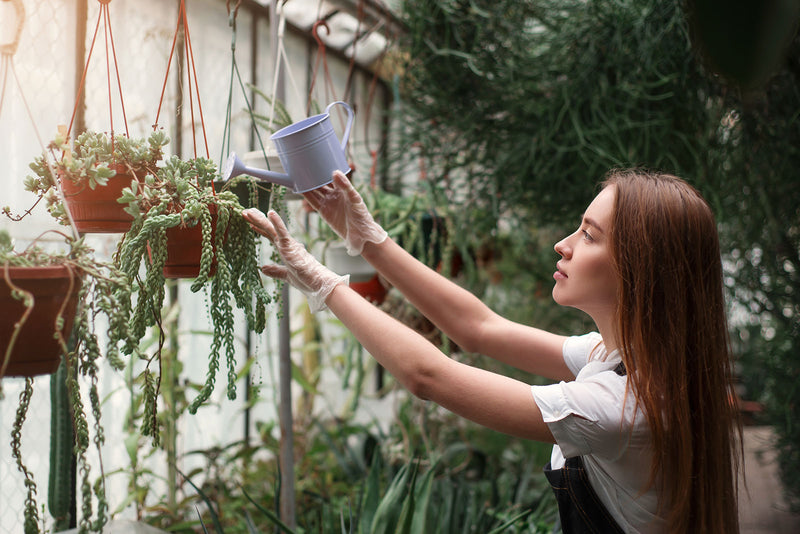Marigolds are said to mother vegetable plants by keeping destructive bugs away.
Try planting a marigold garden around other plants you're worried you might lose to insects during the gardening season. You may have successfully insect-proofed them. And, if not, you've got yourself a peppy little garden flower for the rest of the year. If there are no mosquitoes in your yard and you'd like to step beyond the traditional marigold, try the wildflower marsh marigold. Look for it in our online plant nursery. How to Grow a Flower Garden ? Read our Blog for more importation.
Marigolds are a popular choice for many gardeners because they are easy to grow, bloom for a long time, and are pest-resistant. However, even these tough little plants can benefit from extra care and attention to stay healthy and vibrant through the growing season. Here are some tips for mothering marigolds:
Choose the right location - Marigolds prefer full sun and well-drained soil. When Choosing a location, ensure it gets at least 6-7 hours of direct sunlight per day and has soil that is not too wet or compacted.
Water regularly - Marigolds need regular watering, especially during hot, dry weather. Water deeply once a week, rather than giving them frequent shallow watering. It will encourage more profound root growth and help the plants withstand drought better.
Fertilize wisely - Marigolds do not need a lot of fertilizer, but only a slow-release fertilizer applied at planting time. Avoid using high-nitrogen fertilizers, which can cause the plants to produce lots of foliage but fewer blooms.
Deadhead spent flowers - Marigolds are prolific bloomers, but they will produce even more flowers if you deadhead the spent blooms regularly. Pinch off the faded flowers to encourage the plants to produce new buds.
Control pests - Marigolds are generally resistant to pests but can sometimes be affected by aphids, spider mites, or whiteflies. If you notice an infestation, spray the plants with a mild soap and water solution or use insecticidal soap.
Prune for bushiness - Marigolds can become leggy if not pruned regularly. Pinch off the tips of the leaves when they are young to encourage bushier growth and more blooms.
Rotate crops - Marigolds are susceptible to soil-borne diseases, so rotating them with other plants each year is a good idea. It will help prevent the build-up of diseases in the soil.
Mulch around plants - Marigolds benefit from a layer of mulch around their base to help conserve moisture and keep weeds under control. Use organic material such as straw, shredded leaves, or grass clippings.
You can help your marigolds thrive and produce beautiful blooms all season with extra care and attention. By providing the right growing conditions, fertilizing wisely, deadheading spent flowers, controlling pests, pruning for business, rotating crops, and mulching around plants, you can enjoy healthy, vibrant marigolds that will add color and beauty to your garden.






